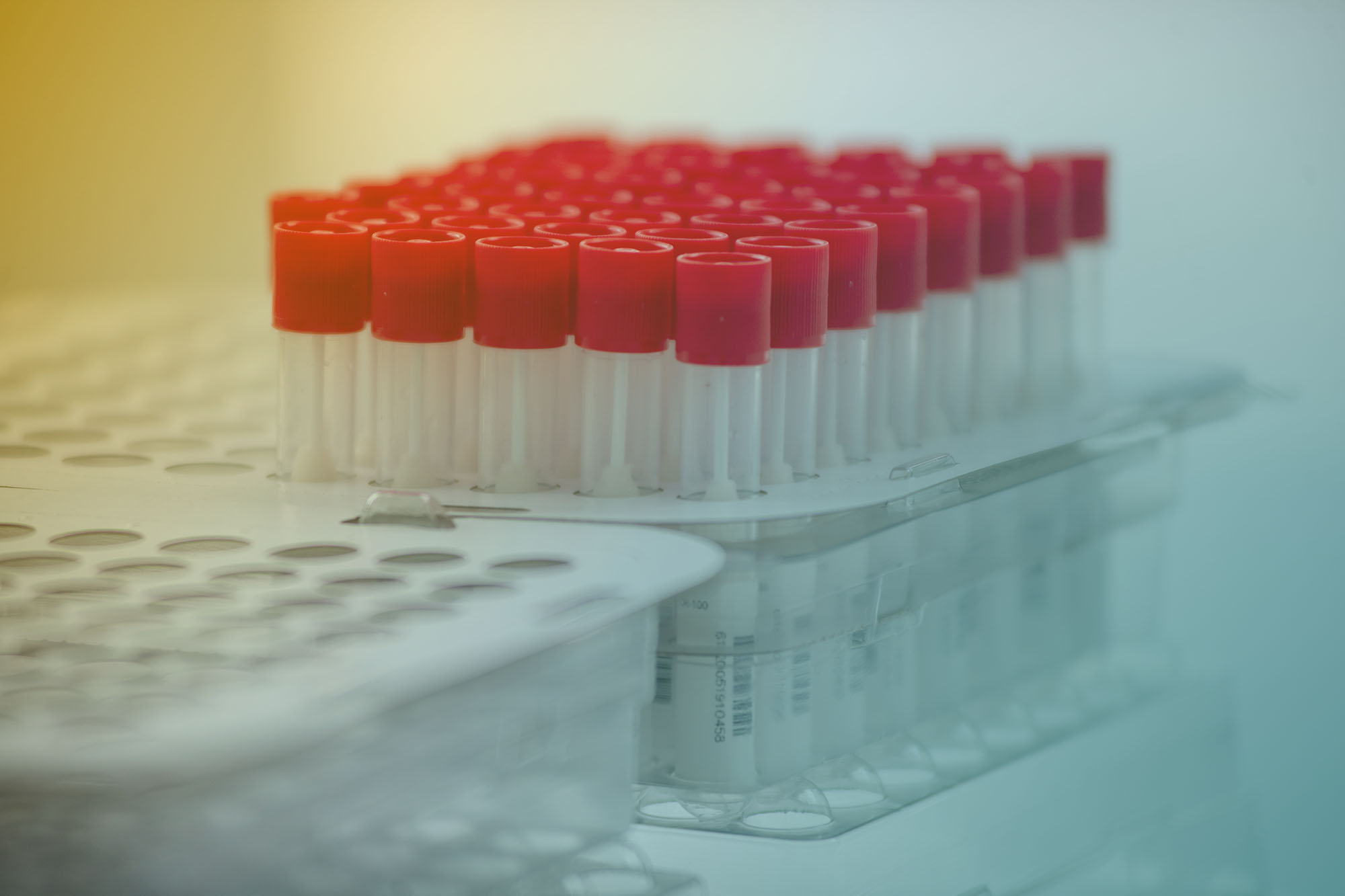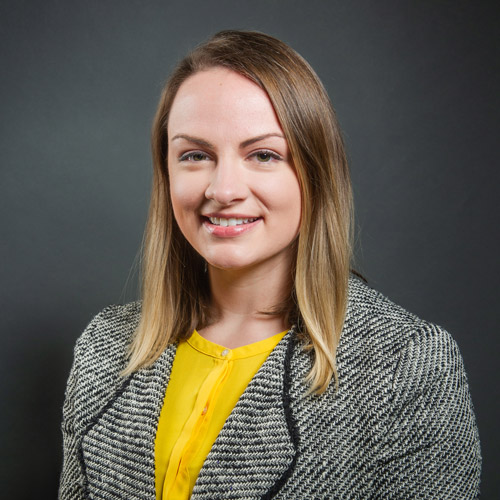BU COVID-19 Report: August 18 to 24

Photo by Cydney Scott
Boston University COVID-19 Report: August 18 to 24
As students return to campus, BU increases vigilance around COVID testing compliance
Boston University publishes its COVID-19 testing data on a public-facing dashboard. With students returning to campus for the fall semester, Gloria Waters, BU vice president and associate provost for research, and Judy Platt, director of BU Student Health Services, will provide The Brink with occasional updates on the overall health of the BU community.
The big yellow rolling carts are back. And they can mean only one thing: it’s Move-in week. Although some students began trickling back to campus earlier, the major move-in process officially got underway on August 25.
With the flurry of activity reanimating BU’s streets and dormitories, The Brink reached out to Judy Platt and Gloria Waters for an update on BU’s coronavirus activity, which the University has been tracking through its COVID testing and surveillance program all summer among staff, faculty, and Summer Term students. The highly contagious Delta variant was the main focus of the season and is expected to remain a factor throughout the fall semester.
“In July, we saw the number of cases start to increase,” Platt says. “We’ve seen Delta become the dominant strain in our community.”
Between August 18 and 24, BU detected 28 new cases of coronavirus in students and 8 new cases in faculty and staff. Each time BU’s COVID testing lab detects a positive result indicating coronavirus infection, that sample is sent to BU’s National Emerging Infectious Diseases Laboratories, where it is sequenced to determine which variant it is. By and large, Platt says, since July the vast majority of BU’s COVID cases have involved the Delta variant, with two cases of the Alpha variant and one case of the Lambda variant that originated in Columbia and is currently predominant in Peru.
Platt and Waters say there have been some reports of students asking someone else to use their phone and QR code to take a COVID test in their place, if they suspect they may have been exposed at a party or through travel. BU will be increasingly vigilant about making sure students are adhering to their weekly testing schedule, Platt and Waters say, and will impose severe consequences on students who knowingly try to evade being tested. Random checks of IDs and green badges—digital badges indicating a student has completed their daily symptom attestation and adhered to their testing compliance—will begin at campus testing locations, according to Waters.
In July, we saw the number of cases start to increase. We’ve seen Delta become the dominant strain in our community.
“A majority of new cases have involved travel,” Platt says, and this is because trips often involve mixing households and coming into contact with lots of people in airports, train stations, and hotels. The contact tracing team has not detected any cases that were transmitted on BU’s campus during masked interactions as of yet. “Unmasked, prolonged interactions between people are the most common causes for transmission that we uncover in our investigations,” she says.
That’s why masks will continue to be a staple for all students, faculty, and staff on campus.
“We are keeping our community health protocols the same as last year,” Platt says.
“We want to stress the importance of continued masking this semester,” Waters adds. The contagious nature of the Delta variant is the reason BU is mandating mask use in all indoor spaces.
Platt acknowledges that seeing new cases pop up on BU’s public-facing dashboard can seem like a cause for alarm, but says BU’s testing and contact tracing teams are catching infections early, isolating infected people, and reducing transmission.
“Massachusetts is in good shape overall,” she says. “We’re fortunate to be located in a state with high vaccination rates.” Nearly 65 percent of the state’s residents are fully vaccinated. Out of the four and a half million residents fully vaccinated, 0.002 percent have died from breakthrough coronavirus infections.
No vaccine is 100 percent effective, Platt says, but the extremely low mortality rate associated with breakthrough coronavirus cases indicates the vaccines are working as expected, preventing the overwhelming majority of vaccinated people from experiencing severe disease, hospitalization, and death.
At BU, over 90 percent of students are fully vaccinated, and stragglers are expected to become compliant with BU’s vaccine mandate during the first few weeks of September, Waters says. More than 86 percent of staff are fully vaccinated, and 93 percent of faculty. Staff and faculty have a deadline of September 2 to complete their vaccination requirements.
Gloria Waters spearheaded teams of BU scientists in their development and deployment of a campus-wide COVID-19 testing program and mathematical modeling of community behavior. Judy Platt, chair of BU’s Medical Advisory Group, oversees clinical management and isolation of students and employees who test positive for coronavirus and helps manage BU’s contact tracing efforts. They are cochairs of BU’s Vaccine Preparedness Group, which is overseeing the distribution of COVID-19 vaccines allocated to BU by the Massachusetts Department of Public Health.

Comments & Discussion
Boston University moderates comments to facilitate an informed, substantive, civil conversation. Abusive, profane, self-promotional, misleading, incoherent or off-topic comments will be rejected. Moderators are staffed during regular business hours (EST) and can only accept comments written in English. Statistics or facts must include a citation or a link to the citation.